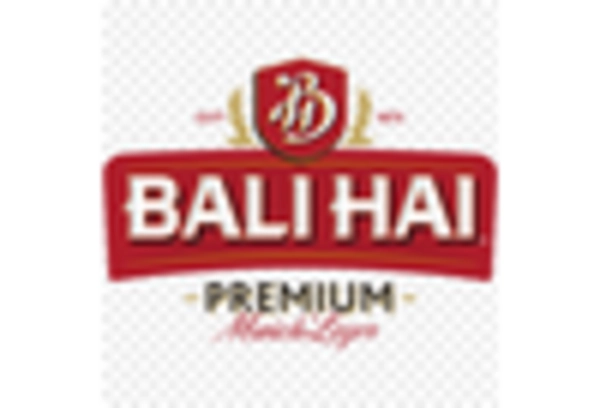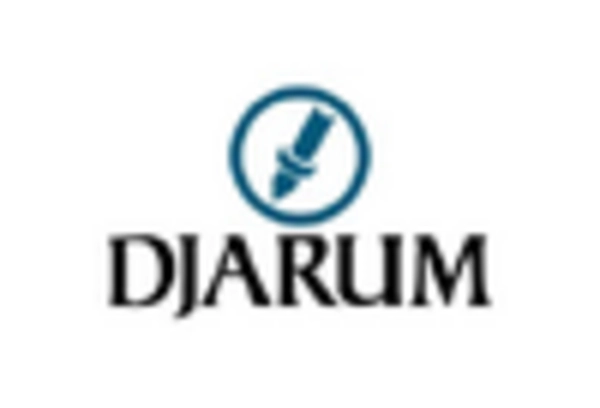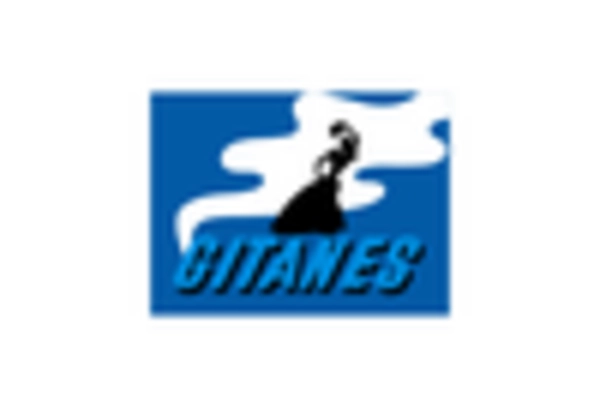Market Analysis
In-depth Analysis of Herbal Cigarettes Market Industry Landscape
The herbal cigarettes market is a niche segment within the broader tobacco industry, characterized by the use of alternative ingredients and marketing strategies targeting health-conscious consumers. Unlike traditional cigarettes, which contain tobacco and numerous harmful chemicals, herbal cigarettes are typically made from a blend of natural herbs and botanicals, often marketed as a safer or non-addictive smoking option.
One of the key driving forces behind the herbal cigarettes market is the growing awareness of the health risks associated with tobacco smoking. As more people become concerned about the detrimental effects of smoking on their health, there is a rising demand for alternative smoking products perceived to be less harmful. Herbal cigarettes capitalize on this trend by offering a smokeable product that claims to be free from tobacco, nicotine, and other harmful additives, appealing to health-conscious consumers looking to reduce their exposure to toxins.
Consumer preferences and lifestyle trends also play a significant role in shaping the dynamics of the herbal cigarettes market. As attitudes towards smoking evolve and societal norms shift, there is an increasing demand for smoking alternatives that align with wellness and sustainability values. Herbal cigarettes cater to this demand by offering a natural and potentially less harmful smoking experience, appealing to individuals seeking a smoke-free lifestyle or looking to quit traditional tobacco smoking.
Regulatory factors also influence the herbal cigarettes market, with varying degrees of oversight and restrictions depending on the region. While herbal cigarettes may be marketed as a safer alternative to traditional tobacco products, regulatory bodies often scrutinize such claims to ensure consumer safety and prevent misleading advertising. Additionally, the classification of herbal cigarettes as tobacco or non-tobacco products can impact their taxation, marketing, and accessibility, further shaping market dynamics.
Economic considerations, including pricing and affordability, play a role in the herbal cigarettes market as well. While herbal cigarettes may be perceived as a premium or specialty product due to their natural ingredients and perceived health benefits, pricing can vary widely depending on factors such as brand reputation, manufacturing processes, and distribution channels. Lower-priced herbal cigarettes may appeal to budget-conscious consumers or those looking to experiment with alternative smoking options, while premium offerings may target health-conscious individuals willing to pay a premium for perceived quality and safety.
Marketing and branding strategies are crucial for herbal cigarette manufacturers to differentiate themselves and attract consumers. Brands often emphasize the natural, organic, and non-addictive qualities of their products, leveraging imagery of botanicals, wellness, and mindfulness to appeal to health-conscious consumers. Additionally, partnerships with influencers, health experts, and lifestyle brands can help increase visibility and credibility within the target market, driving sales and brand loyalty.
Technological advancements also play a role in shaping the herbal cigarettes market, particularly in product innovation and manufacturing processes. Advancements in extraction techniques, flavoring methods, and packaging technologies enable manufacturers to create unique and appealing herbal cigarette products that cater to diverse consumer preferences. Additionally, e-commerce platforms and digital marketing channels provide opportunities for brands to reach and engage with consumers directly, bypassing traditional retail channels and expanding their market reach.


















Leave a Comment